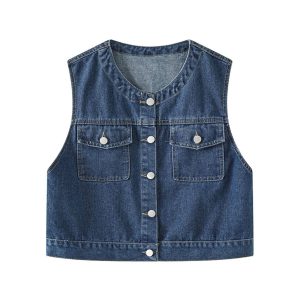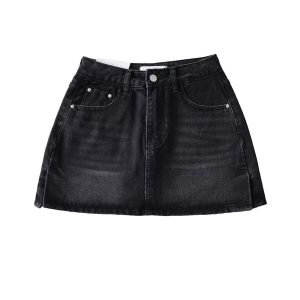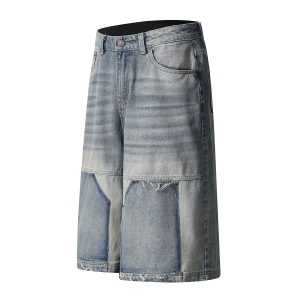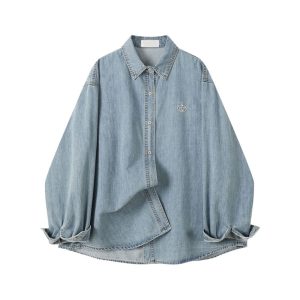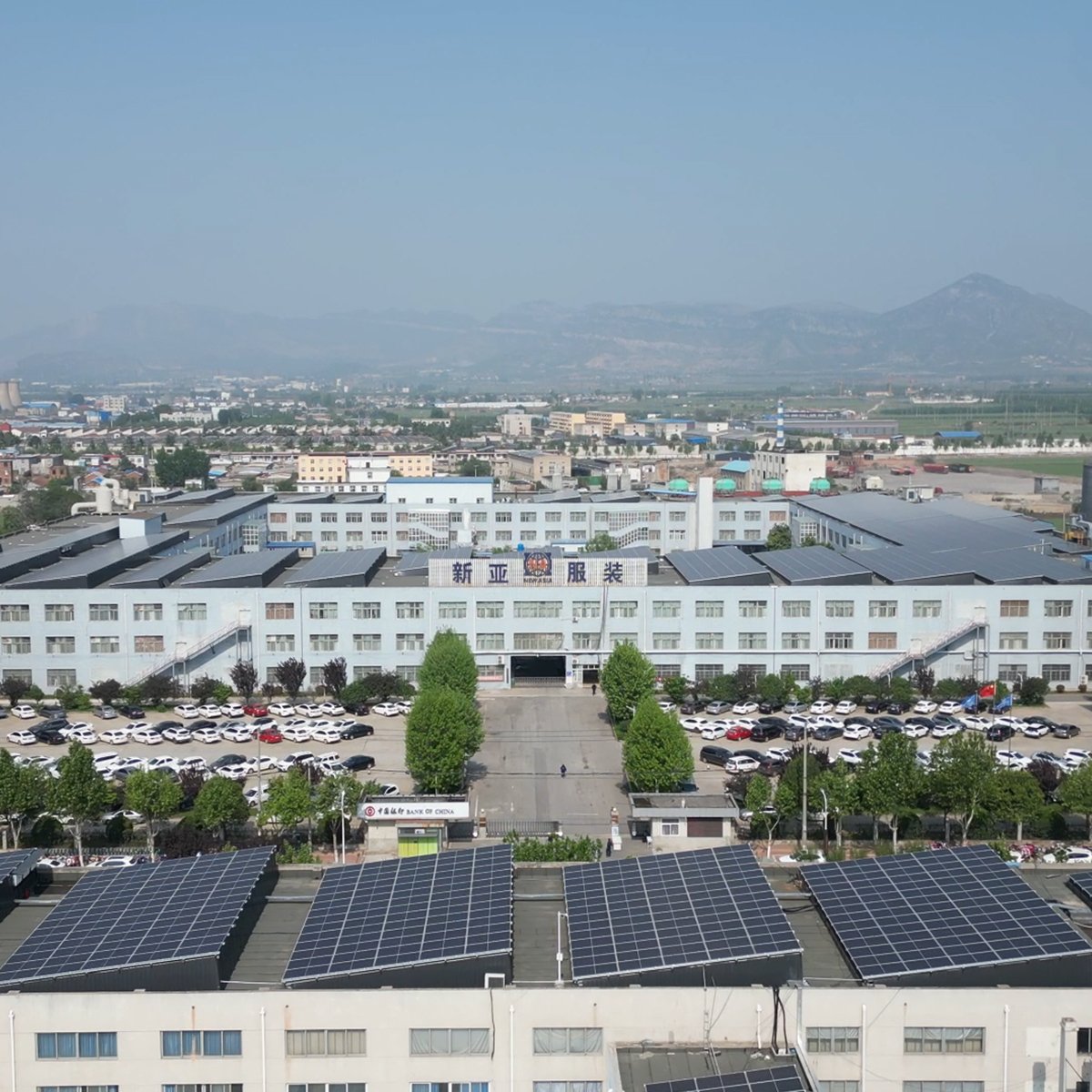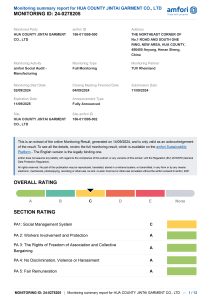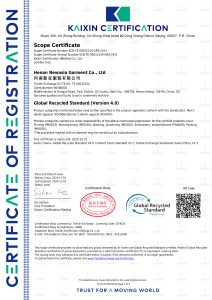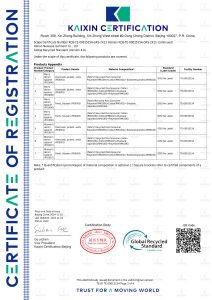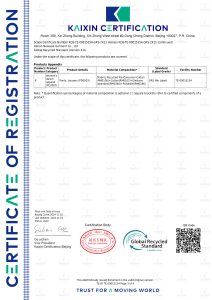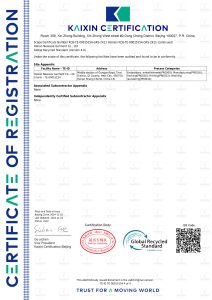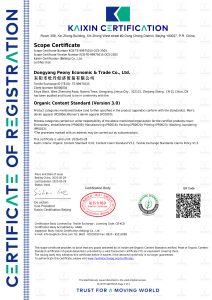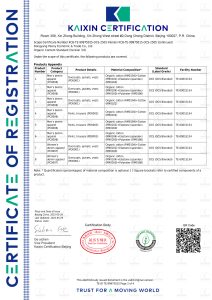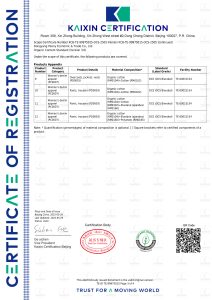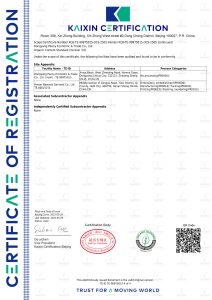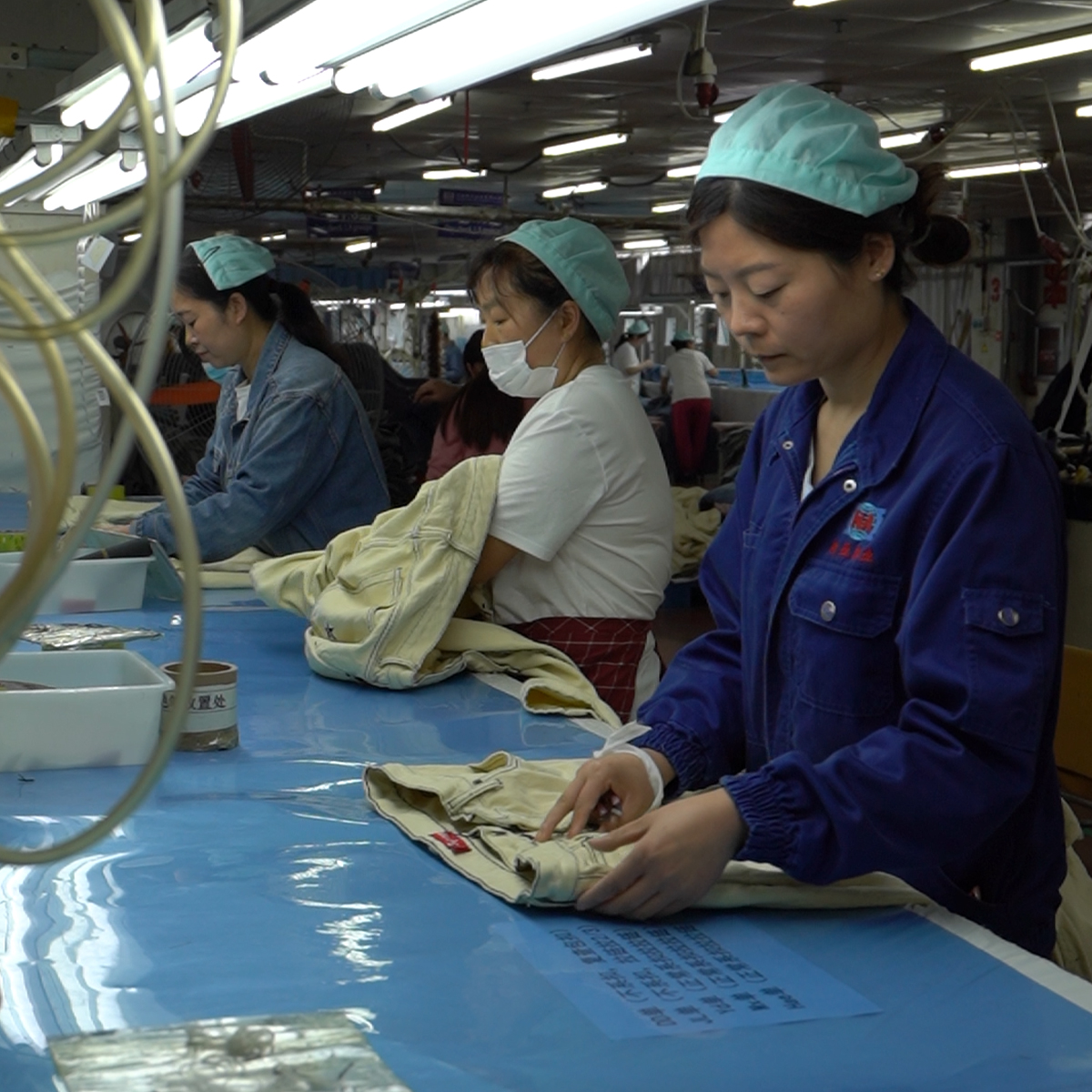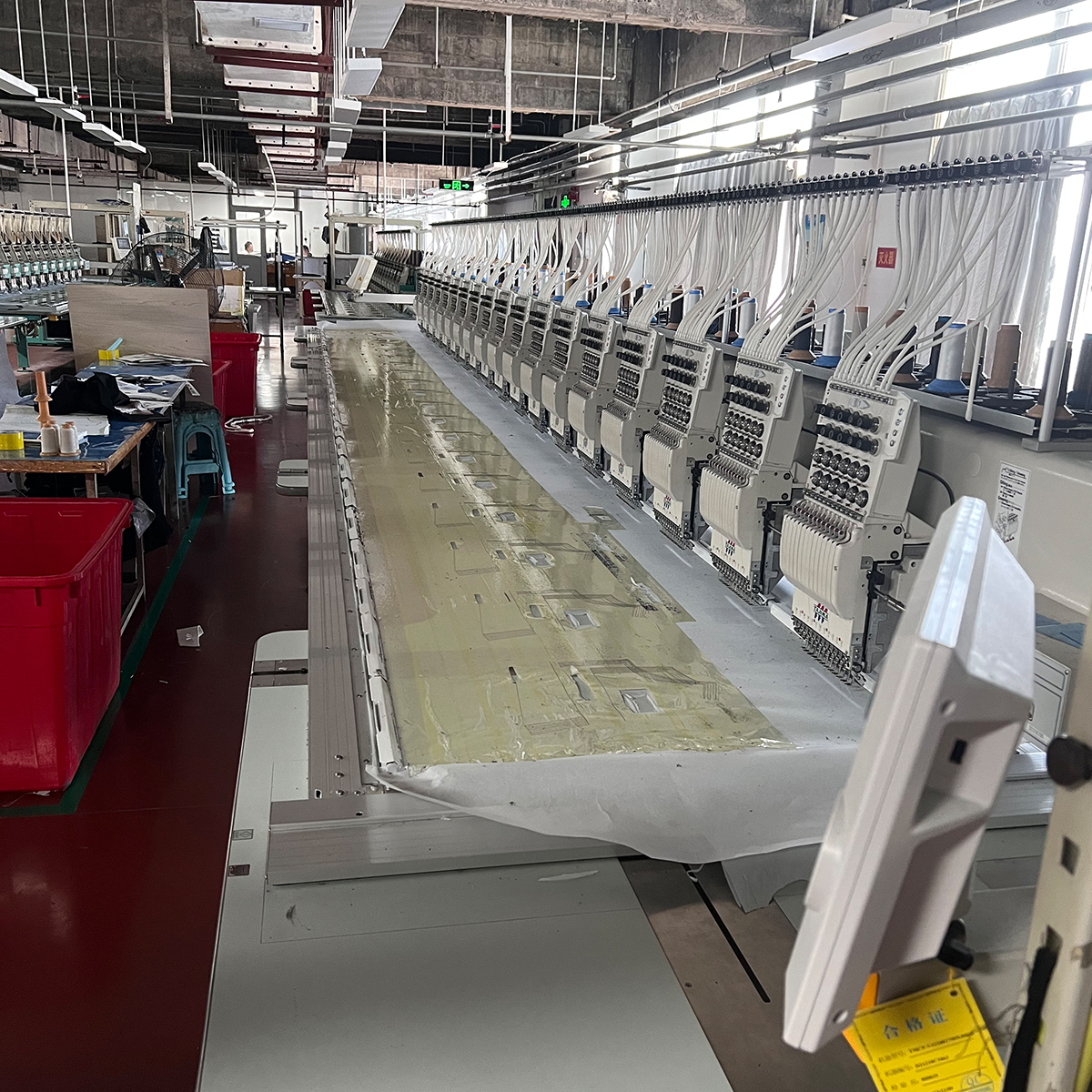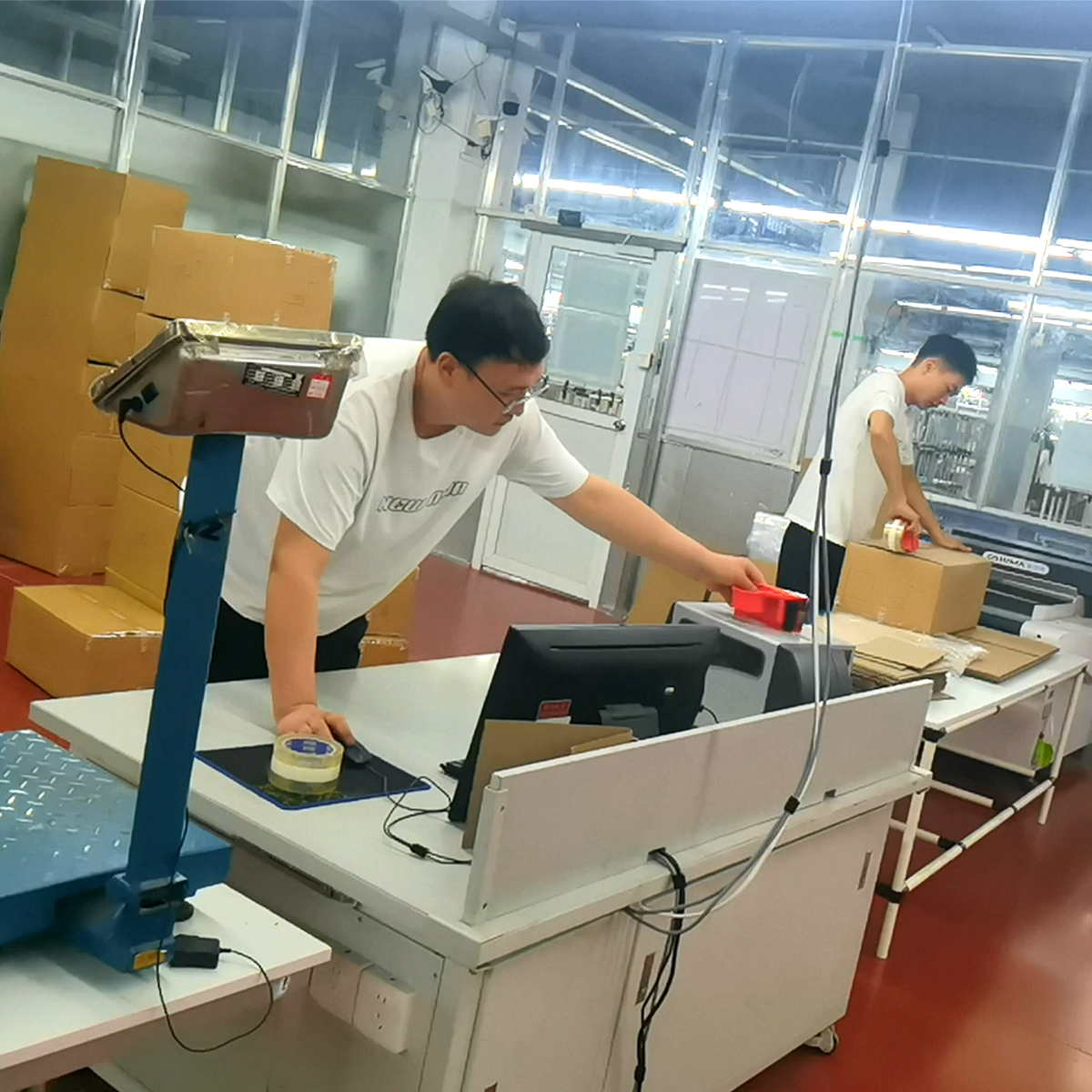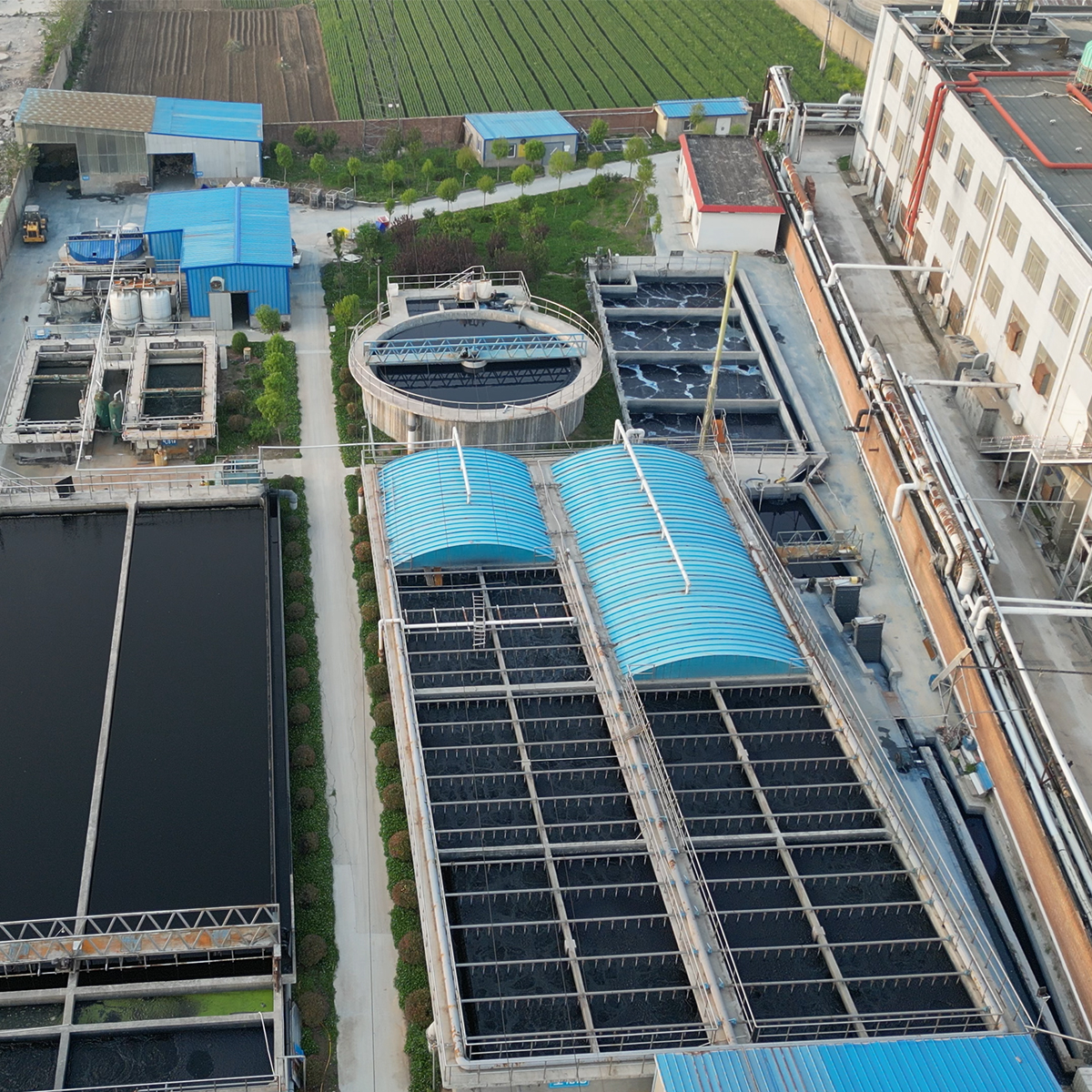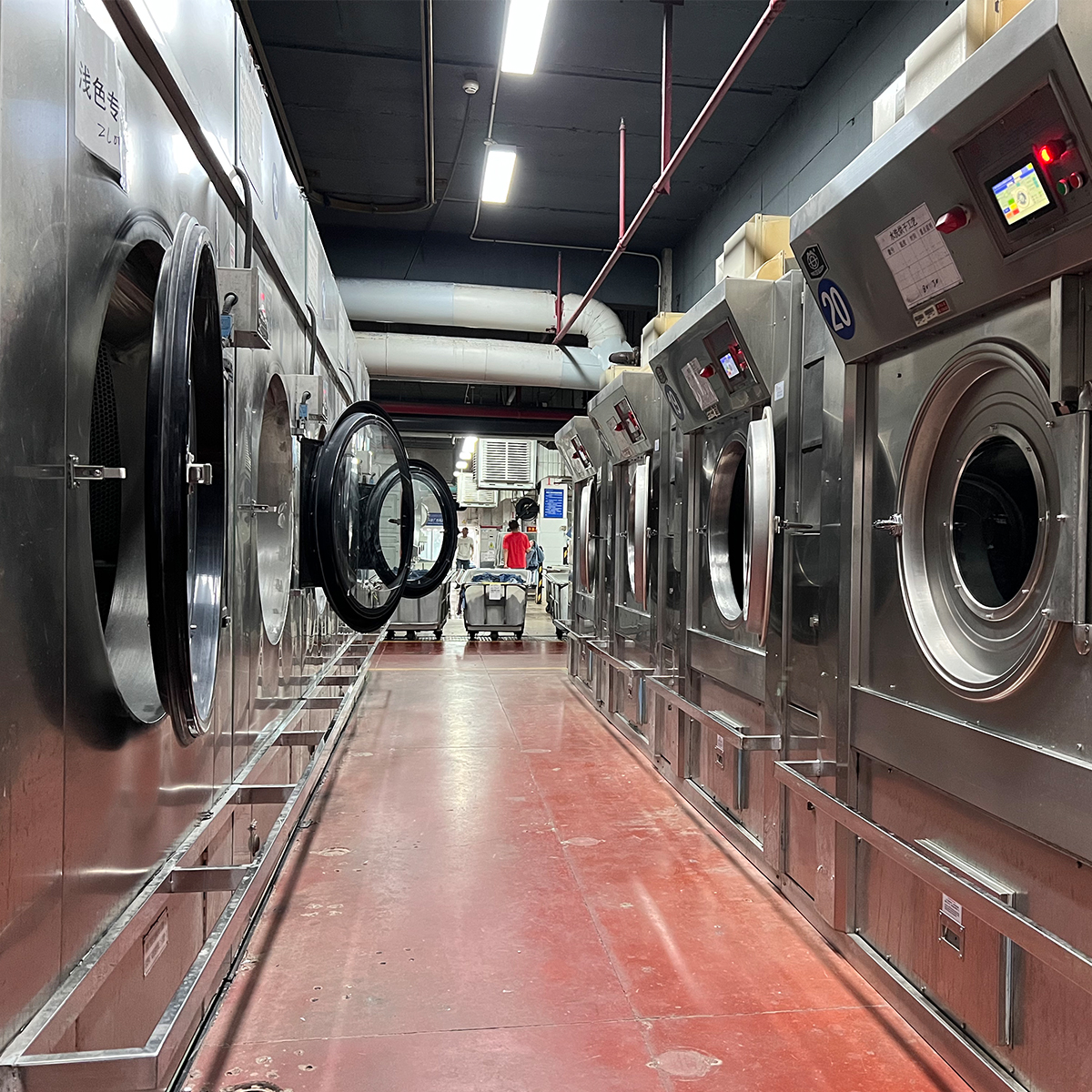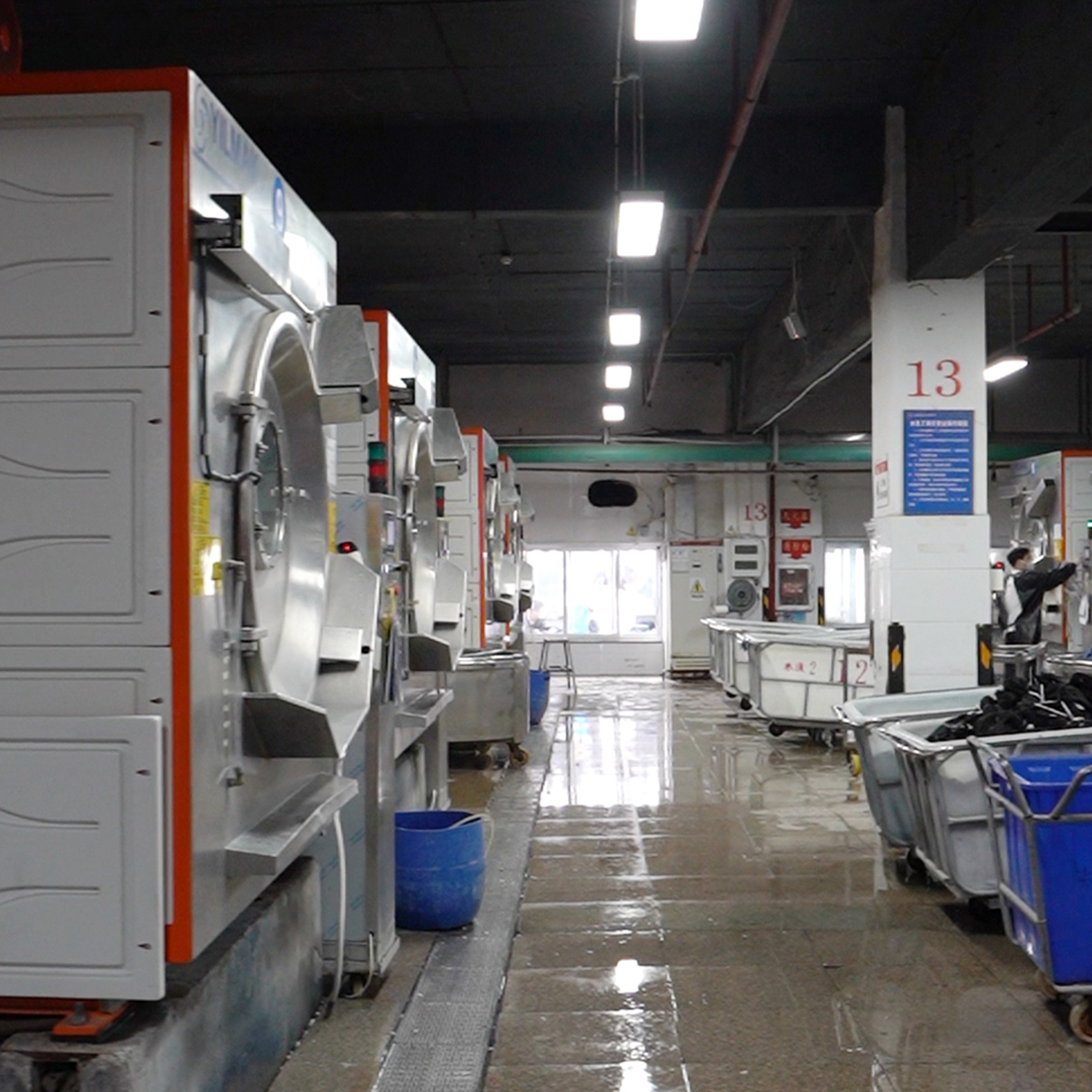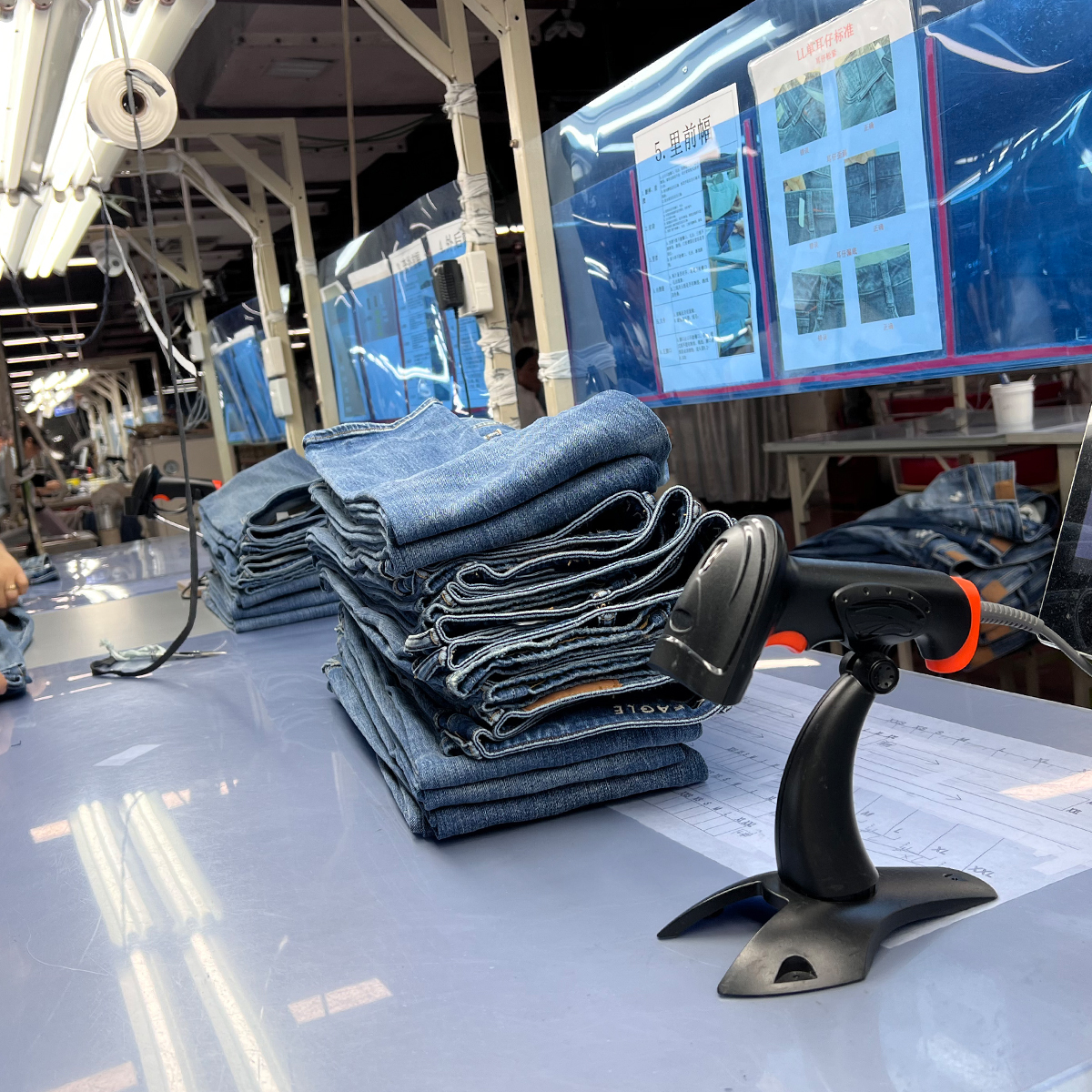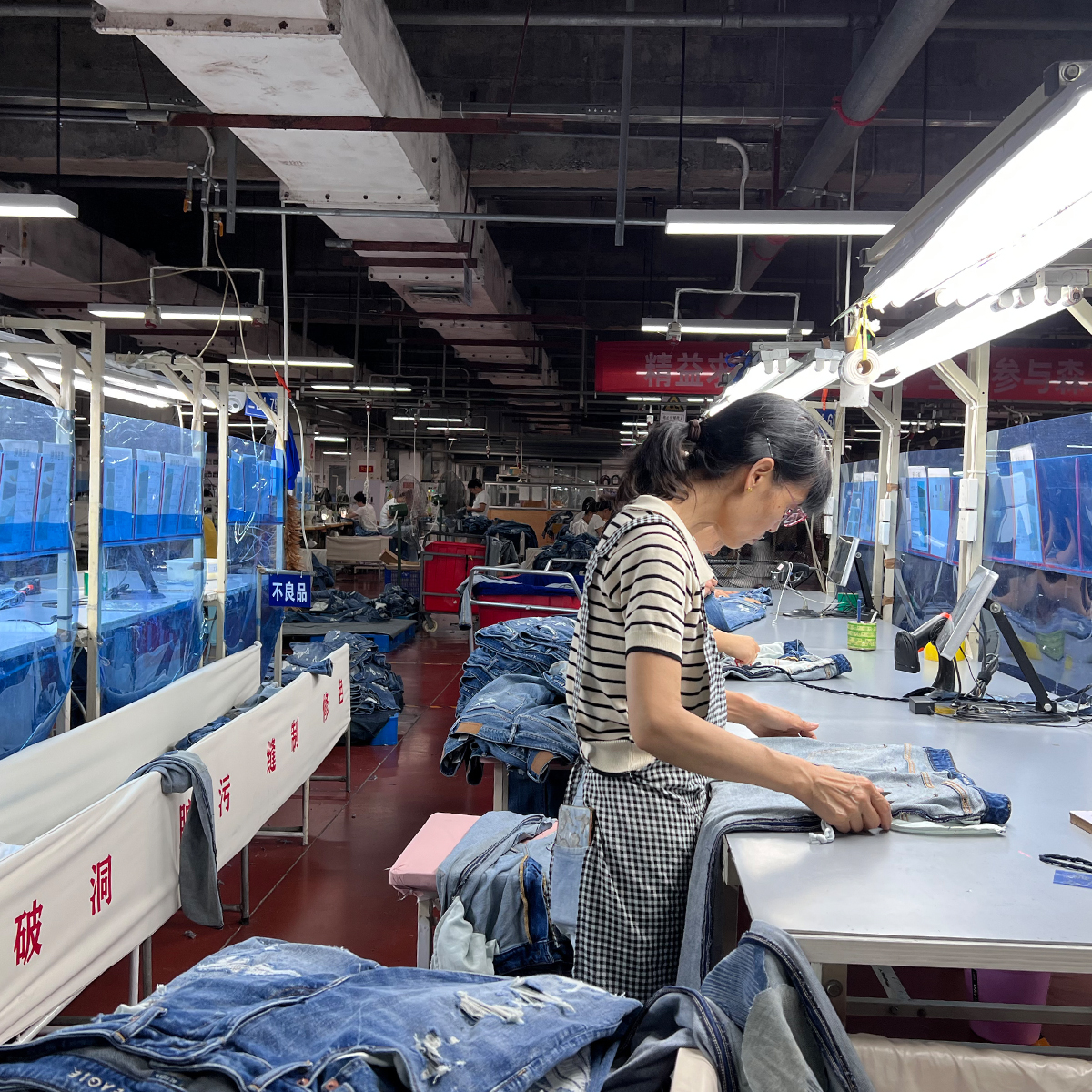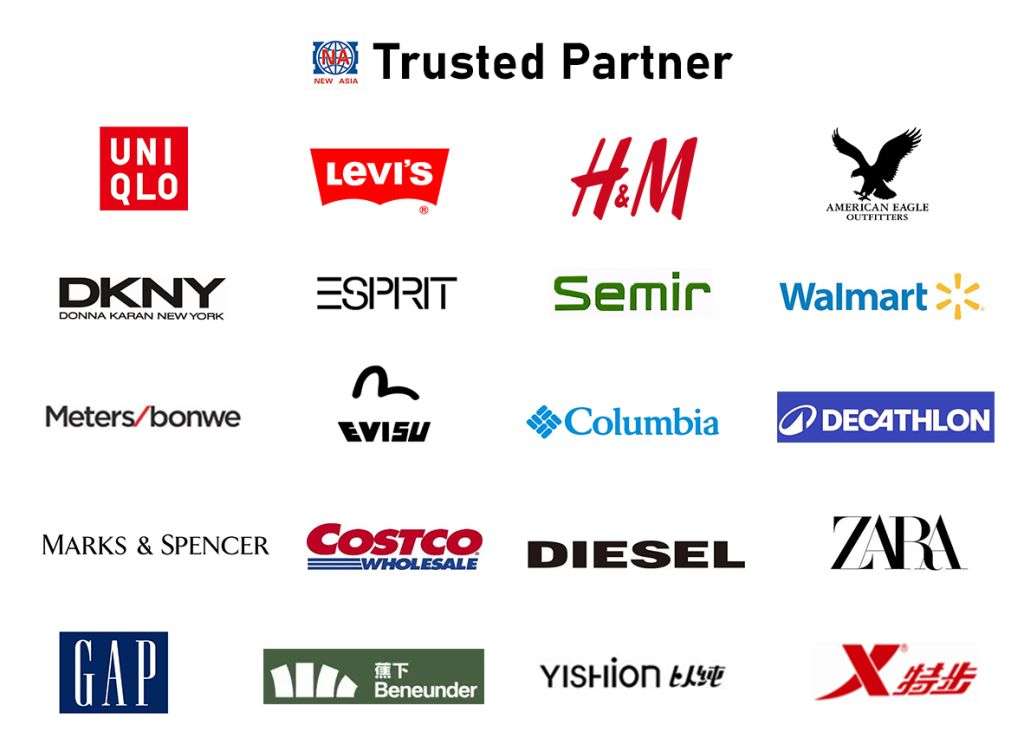Blue jeans are more than just a wardrobe staple; they are a symbol of cultural identity, a fashion statement, and a practical choice for countless occasions. As one of the most enduring garments in history, the evolution of blue jeans has been heavily influenced by the manufacturers who continue to innovate and set trends. In this blog post, we’ll explore the top blue jeans manufacturers, their unique offerings, and what sets them apart in the incredibly competitive denim market.
The Backbone of Denim: Understanding Jeans Manufacturing
Before diving into the specifics of various manufacturers, it’s crucial to understand what goes into the making of premium blue jeans. The process of denim manufacturing involves numerous stages, including selecting raw materials, weaving the fabric, cutting, sewing, and washing. Quality artisanship combined with advanced technology results in durability, fit, and design that appeal to a broad audience.
Levi Strauss & Co.: The Innovators
Levi Strauss & Co., established in 1853, is arguably the most recognized blue jeans manufacturer worldwide. Known for their iconic 501 model, Levi’s has been at the forefront of denim innovation. The brand pioneered the use of rivets, which originally prevented pockets from ripping. Today, Levi’s combines classic styles with modern trends, offering a wide range of fits and washes to cater to different demographics.
Levi’s commitment to sustainability is commendable. They have introduced the WaterLess technique, which significantly reduces water usage during the production cycle. Additionally, their “WellThread” collection integrates circularity, enhancing the brand’s ecological responsibility without sacrificing style.
Wrangler: The Everyday Choice
Wrangler is another household name that has carved a niche for itself in the denim market. Launched in 1947, Wrangler jeans are synonymous with ruggedness and American western style. The brand’s jeans are designed to endure and provide comfort for the working individual, making them an everyday choice for many.
One unique selling point of Wrangler is their collaboration with rodeo professionals, ensuring that their jeans offer the durability and style that ranchers crave. The brand has since evolved to create stylish cuts and fits without compromising on their primary ethos of function. They also emphasize sustainability through their Well Made program, focusing on environmentally-friendly production practices.
Lee Jeans: A Blend of Comfort and Style
Another notable manufacturer is Lee Jeans, established in 1889. With an emphasis on comfort and craftsmanship, Lee has stayed relevant in the denim industry over the decades. Their innovative stretches and fits cater to various body shapes while maintaining sophistication and style.
Lee’s entry into the eco-friendly market includes the launch of their Planet Friendly Collection, which includes jeans made from recycled materials and sustainable practices. By blending modern technology with time-tested techniques, Lee offers options that appeal to both fashion-forward consumers and environmental activists alike.
Denim & Supply Ralph Lauren: The High-End Option
For those seeking luxury in their denim, Denim & Supply by Ralph Lauren presents a curated range of high-end blue jeans. Their designs marry contemporary styles with artisanal craftsmanship, creating pieces that are as fashionable as they are timeless. This line captures the spirit of American heritage while appealing to the modern consumer’s desire for distinctive, quality pieces.
However, it is not merely about aesthetics. Denim & Supply emphasizes ethical sourcing and sustainable practices, making each purchase less about fast fashion and more about enduring style and social responsibility.
Madewell: The Modern Favorite
In recent years, Madewell has ascended as a favorite for millennials and Gen Z consumers. Launched initially as an offshoot of J.Crew in 2006, Madewell specializes in stylish, comfortable jeans that remain accessible price-wise. They have successfully solidified a community of denim lovers passionate about both quality and trendy aesthetics.
Madewell’s commitment to sustainability is reflected in their Denim Recycling Program, encouraging customers to return their old jeans for recycling. The brand’s messaging and marketing strategy have created a culture of loyalty among young shoppers who are not just buying jeans but endorsing a lifestyle of sustainability.
Uniqlo: The Japanese Touch
Uniqlo has fundamentally changed how people perceive casual wear. Known for their high-quality products at unbeatable prices, Uniqlo offers a diverse selection of jeans, ranging from ultra-stretchy fits to classic cuts. Their “Ultra Stretch” jeans blend innovative design with comfort, which appeals to a broad audience, from busy professionals to trendy teens.
This Japanese retailer stands out for its minimalist aesthetic and commitment to function and simplicity. Uniqlo incorporates advanced fabric technology to provide comfort and fit while keeping production sustainable and eco-friendly with programs that reduce waste.
Personalizing Your Denim Experience
In the age of fast fashion, the emphasis has shifted towards personalization. Many blue jeans manufacturers offer customization options, allowing consumers to emboss their jeans or choose fits and lengths unique to their style. This interactive approach signifies a transformation in consumer relationships, pushing brands to engage more closely with their audience.
As consumers seek uniqueness, brands are responding with greater diversity in their offerings. With styles ranging from high-waisted, tapered, skinny, bootcut, and more, the variety allows customers to explore their creativity while remaining comfortable and stylish.
Future Trends in Blue Jeans Manufacturing
As we move into the future, the blue jeans industry will likely continue evolving with technological advancements and growing consumer awareness around sustainable practices. Innovations like 3D denim technology and smart fabrics will redefine what blue jeans can mean, paving the way for more personalized and adaptive fits.
Moreover, the demand for sustainable manufacturing will push brands to adopt even more eco-friendly practices, reducing carbon footprints while supplying the latest styles. As customers become more conscious of their choices, manufacturers will have to adapt to meet new expectations regarding quality, ethics, and sustainability.
With the diverse array of blue jeans manufacturers out there, both traditional and modern, consumers are spoiled for choice. Whether prioritizing durability, eco-friendliness, or cutting-edge fashion, there is a brand out there to meet every need and preference. Choosing the right jeans involves not just finding a fit but connecting with brands that share your values. Happy denim hunting!



